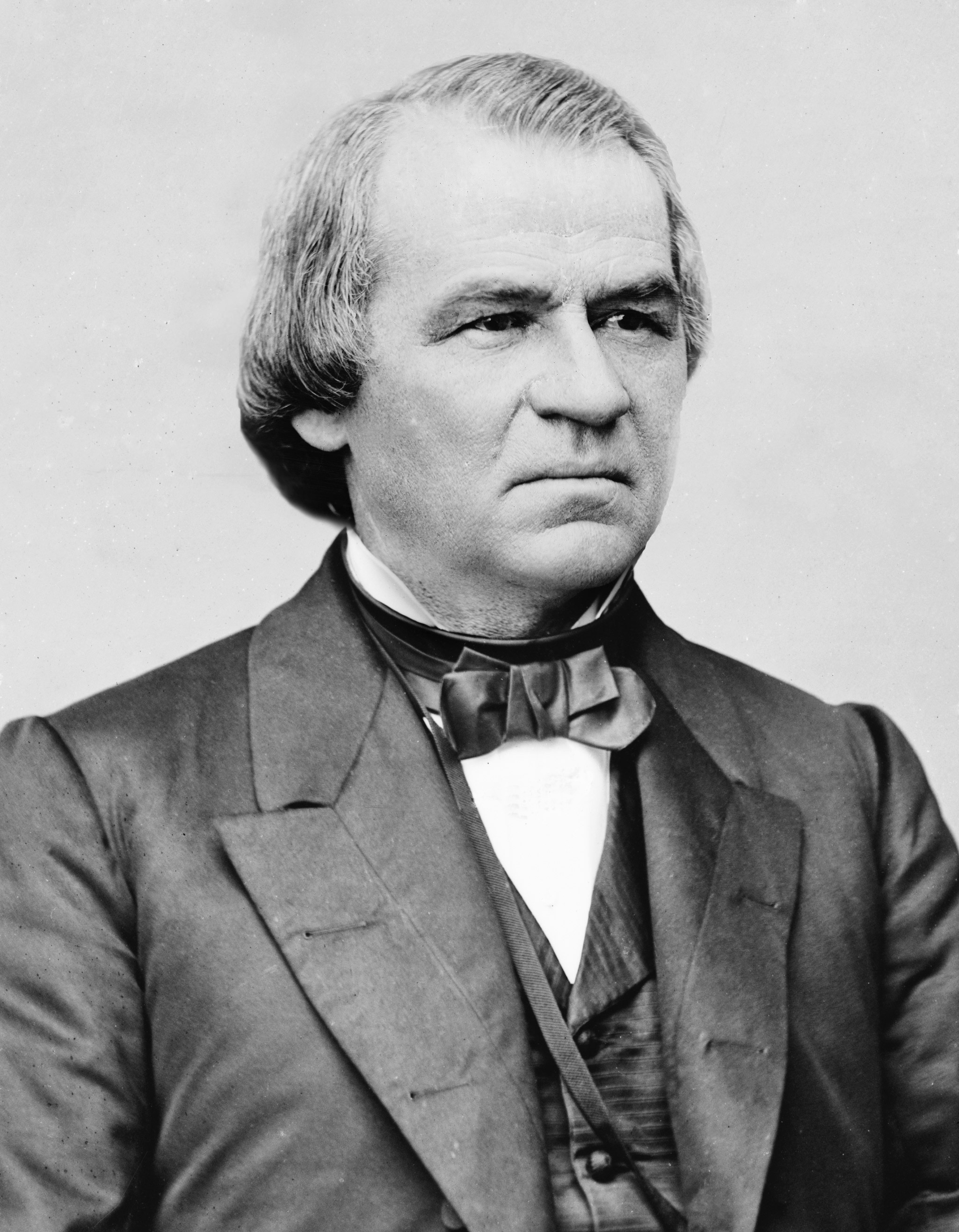MANK
In Sunset Boulevard, cynical screenwriter Joe Gillis said via voiceover, "Audiences don't know somebody sits down and writes a picture. They think the actors make it up as they go along". Few film figures get as little respect as screenwriters. Herman J. Mankiewicz, the subject of Mank, would no doubt likely hold Gillis' worldview as Gospel. Mank is a well-acted, exceptionally crafted film with excellent production values, yet just like many a motion picture, a pretty facade can be enjoyed without being embraced.
Herman Mankiewicz (Gary Oldman) attempts to write a screenplay sober, and as he does so he endures many bothersome figures attempting to keep him dry. There's fussy John Houseman (Sam Troughton), forever flummoxed by Mank and slightly fearful of what his boss, wunderkind Orson Welles (Tom Burke) will make both of their progress and the end result. The British secretary Rita (Lily Collins) has her own burdens along with suffering Mank's manner.
Mank reflects as he works on his script on his life in Hollywood: his relationship with his younger brother Joseph (Tom Pelphrey), his informal mentorship of Charlie Lederer (Joseph Cross) and his general irritation with the industry that he has thinly-veiled contempt for especially as embodied by MGM boss Louis B. Meyer (Arliss Howard). Mank, however, has a soft spot for Charlie's aunt, film star Marion Davies (Amanda Seyfried), mistress to newspaper tycoon William Randolph Hearst (Charles Dance).
As Mank works on his script, it soon becomes clear that it will be a biopic in all but name of Hearst. Whether Mank cares if everyone knows is unimportant: Mank is going to get back at Hearst and Meyer for their machinations against Socialist California gubernatorial candidate Upton Sinclair which led to a friend's suicide when he was all but forced to create what we would now call "fake news" against Sinclair. Mank finishes his script, but the dueling divas of Mankiewicz and Welles over authorship of Citizen Kane would last their lives despite or perhaps because of their shared Original Screenplay Oscar.
Citizen Kane is held as "the greatest film ever made", and if you know this or have seen Citizen Kane your enjoyment of Mank may increase. If you don't, then you may wonder why people tolerated Herman Mankiewicz, let alone found him some kind of genius. Of particular note is why Hearst and Davies would want him around. Davies may not be as big a mystery: Mankiewicz seems like someone the generally dumb but good-natured Davies could find witty and a nice sounding board.
To be fair though, when the future Professor Kingsfield describes you as a "Blonde Betty Boop", you wonder whether Davies was in on the joke or just the butt of them. At their first meeting, Davies remarks that "Pops" wants to shift her into sound films but is concerned her Brooklyn accent will make it hard. Quips Mank with regards to one of her silent films, "Your Flatbush was showing", causing Davies to laugh.
That, apparently, is the height of Mankiewicz's clever comments.
Hearst's embrace of Mankiewicz is harder to fathom. Judging from Mank, Herman did nothing but ridicule Hearst's politics and was terribly gauche, but yet Hearst insists he loves having Mank hold court at Hearst's fabulous Xanadu of San Simeon.
A lot of Mank seems geared towards Mankiewicz's anger about audience manipulation, how the studios used their resources to persuade the California electorate of Sinclair's supposed danger. This manipulation (and a suicide that resulted from it) appears to be what motivated Mankiewicz to expose Hearst for the world to see. It seems curious now, given how Hollywood filmmaking openly embraces the idea that it not only should but must use film and television to shape hearts and minds, that Mank would suggest that it might not be a good idea. To its credit it does give Mankiewicz a reason for his dark portrait of Hearst, but it still feels like screenwriter Jack Fincher seems untroubled that Davies became collateral damage in Citizen Kane's portrait of "Susan Alexander" as talentless drunk harpy.
The script does not give one a reason to believe Mankiewicz was a fun guy, or a witty one, or anyone really worth caring about.
Mank does have a much better cast than it should have the right to, with David Fincher getting good to great performances from his cast. Gary Oldman does an exceptional job as the drunk, cantankerous Mankiewicz, one who is self-destructive but also one who loves his craft, even if he does not love what he does to pursue it. Be it the angry drunk railing to Hearst's face about how he is a Don Quixote-like figure or the more aware Mankiewicz looking out for Lederer or brother Joe, Oldman holds your attention.
Seyfried does not make Marion Davies into a caricature of the dumb blonde but somehow I never felt she was a real person either. Davies was just there. It was a good performance but I never saw "Marion Davies". Troughton acted as though his research consisted of watching Silver Spoons reruns and making Houseman as stuffy and fussy as possible.
Mank is blessed with great production: a time-appropriate score from Trent Reznor and Atticus Ross and beautiful Erik Messerschmidt cinematography that captures the time setting. Yet for all its qualities, of which it has many, I felt removed from Mank. I could fill in things because I know the story of the making of Citizen Kane, but Mank seems not very interested in that.
It could be that Mank is more about today's films and the frustration over audience rejection of those films that if Houseman is to be believed would "ask too much of an audience". "Write hard, aim low", he advises when he finds Mank's first draft too long and complex.
Mank is a well-made film, but one that I could not embrace.
 |
| 1897-1953 |











.png)














